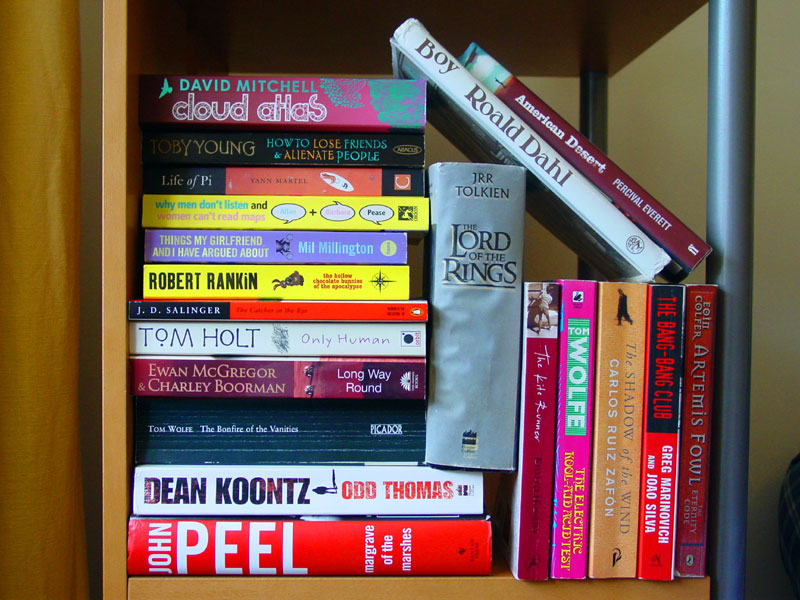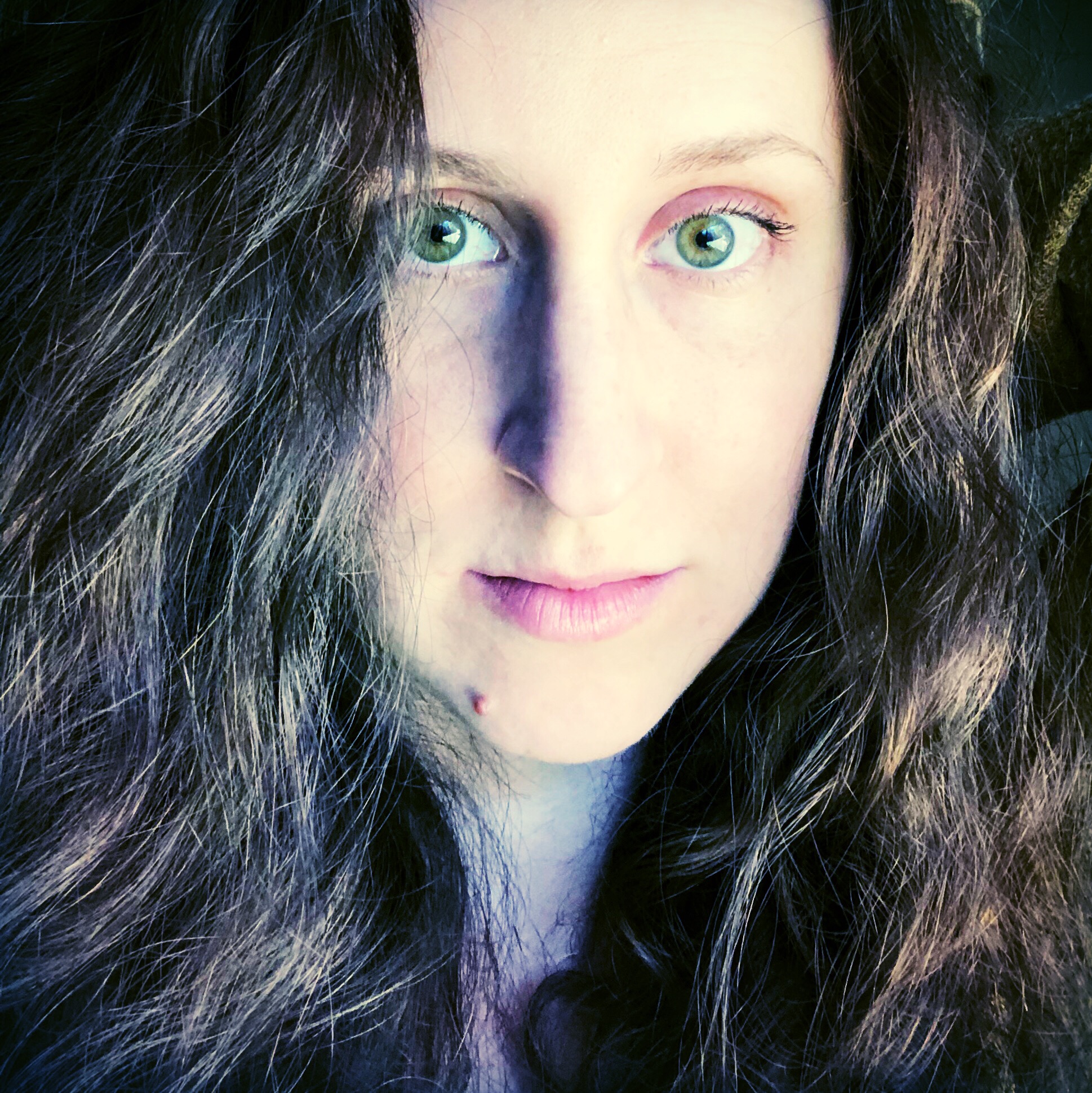And why you should stop assuming it’s trash.
- Myth: The quality of writing in commercial fiction is low.
- Myth: Commercial fiction is less intelligent than literary fiction.
- Myth: Commercial fiction isn’t “deep.”
- Myth: Commercial fiction is trashy.
- Myth: Commercial fiction is the same thing as “genre fiction.”
- Myth: Commercial fiction is always simple.
As you can see, commercial fiction has its share of prejudices. I am truly passionate about both commercial and literary fiction (and the blending of the two), but I’ve found that not all readers are. Everyone has different tastes and preferences, and that’s perfectly okay. However, many commercial lovers don’t even consider literary novels in their options, and many lit-fic lovers shut themselves off to commercial novels – when in reality, most readers could probably be enjoying some of both. Part of this, I believe, is due to the misconceptions and stereotypes associated with commercial fiction.
Unlike lit-fic, I don’t think commercial fiction is three separate things (not usually, anyway) – which might explain why people are generally less confused about what comprises it than what comprises the ever-elusive “literary” fiction. Plus, “commercial” is a pretty universally understood term that means “to make money,” so one way to look at it is that commercial fiction is specifically written to drive big sales by reaching lots of readers.
But still, commercial fiction can be discussed in the same three categories to highlight the differences between commercial and literary.
1) Style-
sentence structure, vocabulary, pacing, and a generally easier to read quality.
I’ve heard it said by an industry professional that the difference between literary and commercial fiction is the motivation of the author. Literary fiction is written for the love of the art form, whereas commercial fiction is written to make money. While at its root I have no problem with that definition, I do see a lot of potential there for insult and hurt feelings. For one thing, it implies that a writer can’t want both, which is silly. Ask any literary fiction author if they want to make money; if they say no, tell them their pants are on fire. And secondly, it implies that commercial fiction writers don’t care about the artistry of their craft. This, quite simply, is untrue.
Both types of fiction require talent, practice, and honing of the craft; they just have different goals.
Literary fiction does put the artistry first. If they have a gorgeous, complex metaphor that’s perfect for a passage, they keep it at the risk of isolating some readers because they believe the art form is the priority. But commercial fiction puts the reader first. If they have that same metaphor and know it will confuse some of their readers, they’re more likely to simplify it to reach the greatest number of people with their message. (Or, I suppose, you could just argue that they have such different readers that it’s unclear when artistry or readers win out, or if they are one in the same.)
Ultimately, the end-goal drives style. Commercial fiction tends to go by the type of writing rules laid out by Stephen King and Elmore Leonard: few adverbs, economy of words, and clear meaning… As opposed to literary fiction, that often experiments more (and thus risks losing a portion of its readers). Both can be executed well or poorly. “Good writing” is not only a matter of taste, but of style.
2) Genre-
established plot and character expectations, usually within a specific genre (romance, mystery, horror, etc.).
Here’s another important distinction: “genre fiction” is not the same thing as “commercial fiction,” although most genre fiction is commercial (see my lit-fic post for a quick discussion of “upmarket”). But a book can be commercial without fitting neatly under the category of fantasy, sci-fi, etc. When people say “mainstream,” they usually mean contemporary commercial fiction, meaning it’s written for the general public (commercial) and set within the last fifty years or so (contemporary) but doesn’t fit into one of the big genres.
So what makes a book commercial in genre? Plot and characters.
Specifically, something needs to really happen in the plot. Something big, definite, and external. As Melissa Crytzer Fry pointed out in the comments of the literary fiction post, internal plots are often dubbed as “no plot” or “weak plot,” and are generally less commercial and more literary. This doesn’t mean that commercial fiction can’t have internal plots, it just means that they’re usually mixed with external plots. Commercial readers prefer to be consistently entertained, so when I say “lots” needs to happen, I mean that the external (action) plot must not be far away throughout the duration of the book – not just at the climax. (And by “action” I don’t just mean explosions and gunfights. Divorce papers and dinner scenes can be action-driven as well.)
In the literary fiction post, we talked about intentionally unlikable characters. In commercial fiction, it’s generally accepted that the main character needs to be likable, vibrant, and memorable. This is where you often hear phrases like “larger than life,” etc. While literary readers might prefer a protagonist who is so flawed as to make the reader contemplate humanity, etc., commercial readers are more likely to love a protagonist they can root for. This doesn’t mean an oversimplified, one-dimensional character; it just means a (preferably deep, complex) character worth liking (in contrast with a character still worth reading but not worth liking). Again, this is a matter of taste – with plenty of space for gray areas.
3) Qualifier-
poses a larger question and answers it through plot and/or character.
Here’s the biggest misconception. Literary digs deeper, but commercial can too. Commercial fiction can just as strongly tell a message, make a point, change the world. I repeat: commercial fiction can be very, very deep. It can pose big questions and answer them, changing readers forever.
But it does so through plot and character, whereas lit-fic does so through other devices. What this means for the reader is that the message is easier to find and understand – often because the main character or narrator tells you as she herself learns it. Usually that lesson is inherent in the plot itself, which is the vehicle to force that character to change.
So let’s say an author wants to say something about how time is anecdotal and ever-present rather than linear. A lit-fic author might go about that by telling the story unchronologically through varied narrators to force the reader to ponder what effect that has on the information within. A commercial fiction author might go about it by setting a story in a world that allows the main character to time travel and experience those effects first-hand. Both can say the exact same thing – and have equally deep meaning – but literary fiction makes the reader dig while commercial fiction makes the protagonist dig. Which you prefer (when done equally well) is a matter of taste, not quality.
The Takeaway
I think we’ve all witnessed lit-fic and commercial fiction fans throwing tomatoes at each other over the years, but the truth is that no one is ever going to win the big fight. And the reason for that is simple: both types of literature have their own value for different tastes and different readers at different points in their lives. Why does one have to win? Why do they even have to be pitted against each other? At the end of the day, they both belong in the same realm: literature.
So what do you think? Do you like commercial fiction? Disdain it? What are your favorites of all time, and when does a commercial novel make you throw in the towel?
Like this post? Check out all posts in the What is Genre? series!
Share this:

